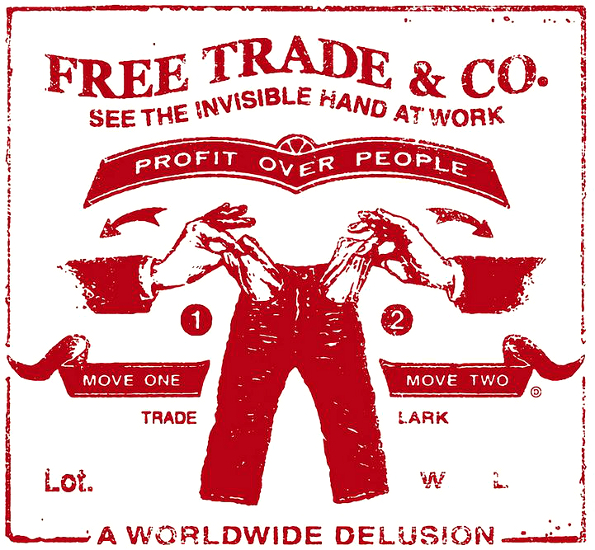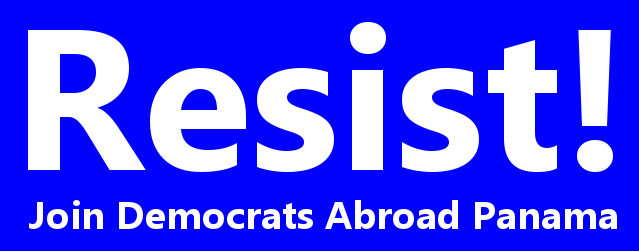
The transition to post-neoliberalism
by Marco A. Gandásegui, hijo
In the case of Panama the dominant capitalist sectors are unaware that the neoliberal ideology nad policies have now been superseded. To cite some international proofs: Trump, Brexit and global stagnation. The so-called “Washington Consensus” has sunk into a swamp from which nothing reappears. The speculators and those who strip the country of its wealth believe that neoliberalism continues to be a good ideological disguise for their abuses. It’s a problem not only for the governing class — in power since the 1989 US invasion — but also affects all other sectors of the country.
What is meant by neoliberalism? Let’s start with the simplest, what is liberalism? It is “free trade.” It is the ideology that promoted the free circulation of goods in a country, eliminating the collection of taxes by the landowners and also by the church. This capitalist conquest was achieved in many cases in the nineteenth century and in others more recently. Neoliberalism takes an additional step. In the struggle to free the flow of goods, there were regulations, public companies and labor conquests. Equally, “free trade” became a global goal, crossing national boundaries. Neoliberalism ends all the residue of that through deregulation, flexibilization of labor and privatization of public enterprises. It also promotes free trade agreements.
As a policy, neoliberalism went bankrupt with the so-called “Great Recession” of 2008, which provoked a crisis in capitalist accumulation that is still being felt, especially in the USA and Europe. The capitalist system was rescued by the transfer of public funds — of working people’s money — of trillions of dollars to the banking and major industry monopolies. The transition to post-neoliberalism stalled in the middle of the road. The capitalist economy centered in the most developed countries can’t stay stalled forever. On the one hand, the most “conservative” sectors insist on maintaining their ideological positions in defense of neoliberalism. They don’t take into account that it no longer exists. On the other hand, the “progressive” forces propose urgent measures to undermine neoliberal policies. But neither one side nor the other are capable of presenting alternatives.
The reactionary element in Panama insists that it’s necessry to reduce the size of government, to reduce workers’ pay and to give business more subsidies. They have been saying the same thing for 25 years and the country’s political and economic structure continues to decline. It’s no solution.
The Panamanian governments from when President Endara took office in 1989 up to the present day have managed to privatize almost all public services. The most damaging privatization was Law 51 of 2005, which privatized the Seguro Social retirement funds. Those who were incorporeated into a so-called “mixed” sector of private pensions recognized the fraud when they didn’t receive their “individual” pensions in the following decade.
Now the government of President Varela is making an effort to privatize the drinking water service in this country. The international monopolies are awaiting the announcement of an IDAAN offer that would give the more favorable concession terms. They are interested, above all, in buying the water sources in order to monopolize access to the precious liquid. Theypre probably working for an agreement similar to the one for the privatized production, transmission and distribution of electricity that has been in place for two decades. With water they’d create three types of businesses. The first would be the concessionaire of the water sources, such as the rivers, the second would be the water purification plants and the third would be the distribution of water to homes and industries.
Privatization, deregulation and flexibilization do not constitute solutions. They are actually the problem. What is the alternative? Panama has an advantage over other countries. Since 2000 the revenues generated by its privileged position — the canal, the ports and so on — allow for investment in the development of all national resources, especially human resources. Between the begining of this century and 2016 the gross domestic product has multiplied tenfold. In 2016 it reached $57 billion.
If the small elite that is connected to political power — and its enormous benefits — is unable to devise a strategy for the transition to post-neoliberalism, other sectors need to do so quickly and energetically.
~ ~ ~
These announcements are interactive. Click on them for more information.










